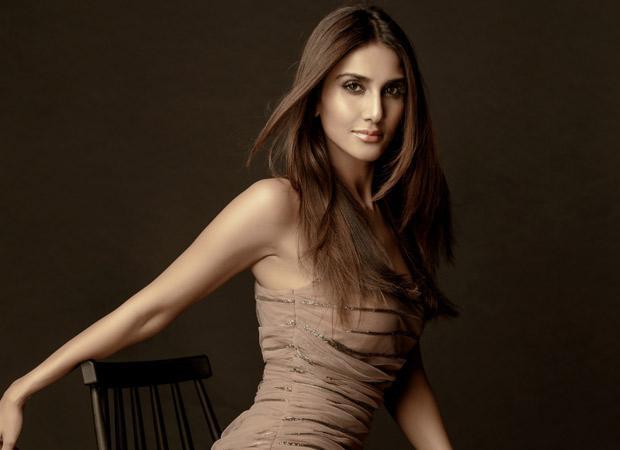
Don’t get volatile behaviour: Vaani on censorship & cancel culture
In today’s digital age, social media has become a powerful platform for people to express their opinions and hold others accountable for their actions. However, this has also led to the rise of cancel culture, where individuals or entities are swiftly ostracized and boycotted for perceived wrongdoings. The latest controversy surrounding the release of Abir Gulaal in India has sparked a heated debate about censorship and the impact it has on artists and their creative freedom.
Vaani Kapoor, the lead actress of the film, recently spoke about the issue, expressing her disappointment and frustration with the cancel culture and censorship that restricts artists from exploring new ideas. In an interview with a leading publication, she said, “I don’t get this volatile behaviour. This cancel culture, say one thing wrong, there are calls for cancel and boycott. It’s like, what’s the point of having an opinion if you’re just going to get boycotted for it?”
Vaani’s comments come at a time when the entertainment industry is facing immense pressure to conform to societal norms and expectations. With the rise of social media, artists are now under constant scrutiny, with every move they make being closely monitored and criticized by the public. This can be overwhelming and restrictive, as artists are often forced to walk a tightrope between expressing themselves truthfully and avoiding controversy.
The ban on Abir Gulaal’s release in India is a prime example of how censorship and cancel culture can stifle artistic expression. The film, which explores themes of sexuality and gender identity, has been accused of being offensive and promoting “western values.” While some have praised the film for its bold and unapologetic portrayal of LGBTQ+ issues, others have condemned it, calling it “obscene” and “immoral.”
Vaani’s comments on censorship echo the sentiments of many artists who feel that creative freedom is being stifled by the fear of backlash and criticism. She emphasized that censorship sets boundaries for artists, limiting their ability to explore new ideas and push boundaries. “I’m not into censorship,” she said. “I think it’s very restrictive. I think it’s very limiting. I think it’s not allowing us to grow as artists.”
The impact of cancel culture on artists can be devastating. With the rise of social media, a single misstep or misquote can lead to a swift and merciless backlash. Artists are often forced to apologize and retract their statements, even if they were made in good faith. This can lead to a culture of self-censorship, where artists are afraid to speak their minds or express themselves honestly, fearing the consequences of being “canceled.”
The consequences of cancel culture can also be felt beyond the entertainment industry. In academia, politicians, and other public figures, the fear of being canceled can lead to a culture of silence and conformity. This can stifle innovation, creativity, and progress, as individuals are afraid to challenge the status quo or speak truth to power.
Vaani’s comments serve as a timely reminder of the importance of artistic freedom and the need to create a culture that values expression and creativity. As she so eloquently put it, “I don’t get this volatile behaviour. I think we should be able to have a conversation, to be able to disagree, to be able to have an opinion without being boycotted or canceled.”
In conclusion, Vaani’s words are a powerful reminder of the need to protect artistic freedom and the importance of creating a culture that values expression and creativity. As we navigate the complexities of cancel culture and censorship, it is essential that we prioritize the ability of artists to explore new ideas and push boundaries. Only then can we truly unleash the creative potential of our society.






